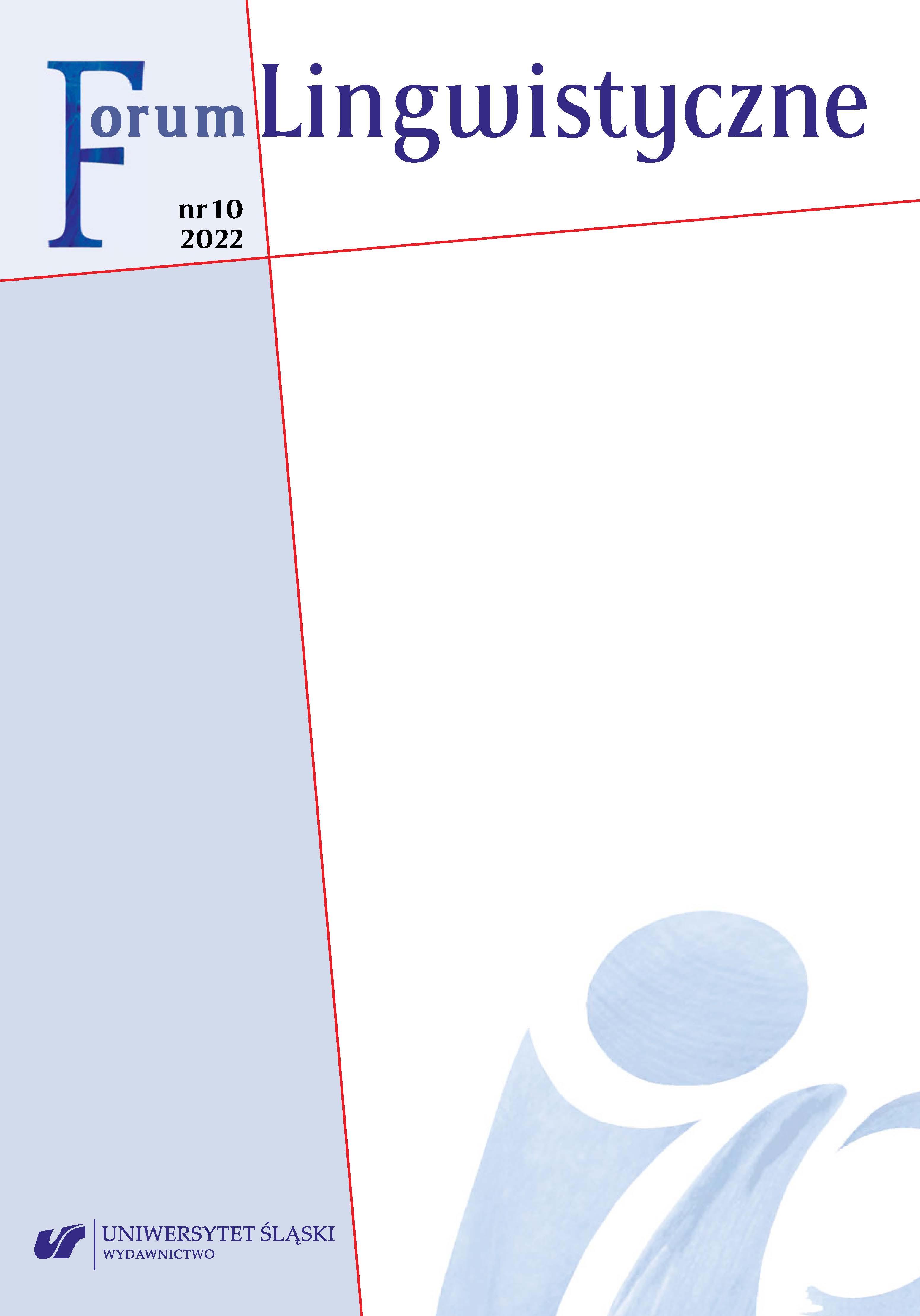Relationships between public attitudes toward stuttering and autonomic and subjective indices of anxiety
Relationships between public attitudes toward stuttering and autonomic and subjective indices of anxiety
Author(s): Kenneth O. St. Louis, Özlem Öge-Daşdöğen, Lauren E. Johnson, Jennifer G. Litzinger, Lauren E. Myers, Jeremy J. DonaiSubject(s): Psychology, Applied Linguistics, Communication studies, Pedagogy
Published by: Wydawnictwo Uniwersytetu Śląskiego
Keywords: stuttering attitudes; anxiety; autonomic measures; psychometric measures; POSHA–S
Summary/Abstract: Introduction: Research has shown that adults who stutter have reacted with increased skin conductance and lower heart rates when confronted with videos of severe stuttering compared to videos of fluent speech. It has not been clearly established how these physiological indices or autonomic arousals are related to stuttering attitudes. The current study sought to compare physiological and psychometric measures of anxiety with stuttering attitudes. Method: In a multiple-baseline design, 18 normal hearing university students listened to short samples of stuttered, masked, and normally fluent speech while their skin conductance and heart rate variability were being monitored by an Empatica E4 wristband device. Pre-experimentally and after each speech condition, they rated their comfort level on a 1–9 scale. Participants filled out the State-Trait Anxiety Inventory (STAI ) (Spielberger, 1977) prior to the physiological measures and the short state anxiety inventory afterwards. At the end, they filled out the Public Opinion Survey of Human Attributes–Stuttering (POSHA–S). Results: No significant main effects were observed for either autonomic measure for the three speech conditions, but interactions were significant. Individual participant analysis revealed that every respondent reacted differently to the skin conductance or heart rate variability. By contrast, mean subjective comfort ratings were more often lower after hearing stuttered or masked speech and higher after hearing fluent speech. Correlations between all the measures and the POSHA–S summary scores revealed little relationship between the autonomic measures and stuttering attitudes, but higher levels of state or trait anxiety were associated with more positive beliefs about people who stutter. In contrast, lower levels of anxiety tended to be associated with more positive self-reactions to those who stutter. Conclusion: This study did not replicate previous reports of heightened autonomic reactions to stuttering among nonstuttering adults, although psychometric measures suggest a relationship between anxiety and stuttering attitudes. Further research should explore these relationships, especially with young children.
Journal: Forum Lingwistyczne
- Issue Year: 2022
- Issue No: 10
- Page Range: 1-34
- Page Count: 34
- Language: English

